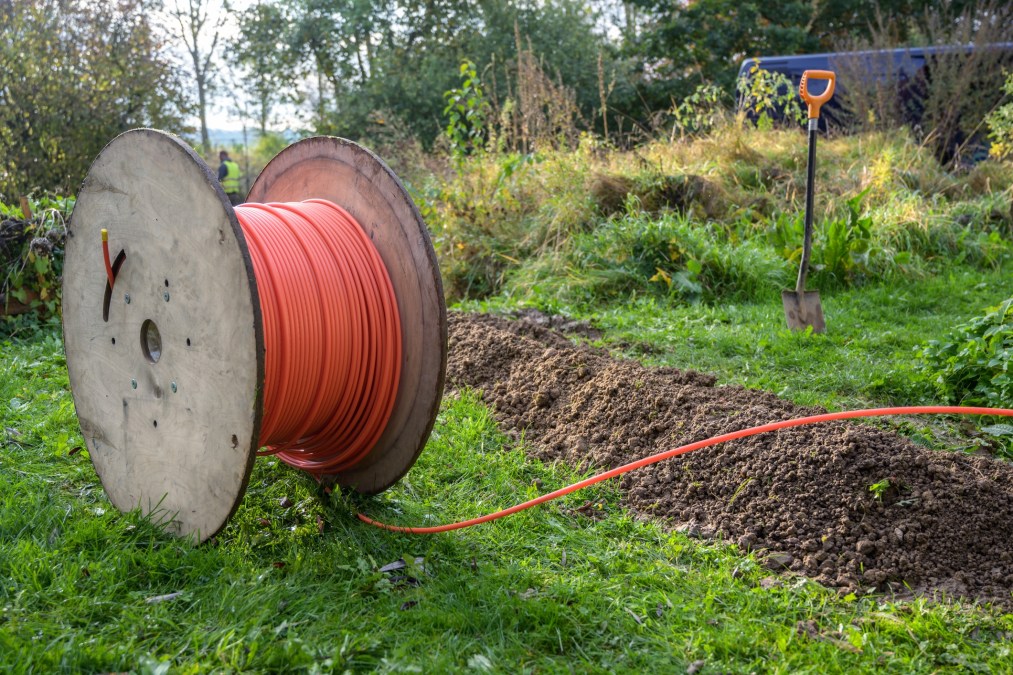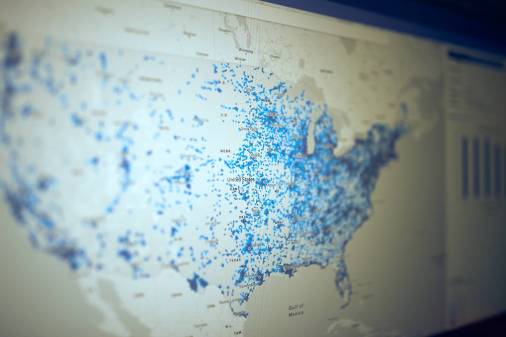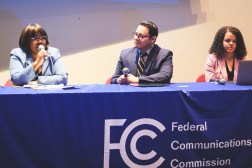FCC shouldn’t delay broadband upgrades for better data, industry tells lawmakers

Efforts from the Federal Communications Commission to expand both fixed-wireless and mobile broadband across rural America will require more granular data to reach their full potential, but deployment efforts shouldn’t be delayed any longer, according to industry stakeholders and legislators testifying at a Senate hearing on Wednesday.
Lawmakers who attended the Committee on Commerce, Science, and Transportation’s hearing in-person and virtually said that the FCC’s planned “Rural Digital Opportunity Fund” auction and $9 billion 5G fund should not be delayed further so that the FCC can collect more accurate coverage data.
Steven Berry, chief executive of the Competitive Carriers Association, said choosing between accurate maps and expediting infrastructure funds is a “false choice” that FCC Chairman Ajit Pai laid out when he testified at a hearing in March that the FCC wouldn’t be able to improve its coverage maps in a matter of months.
“We can walk and chew chewing gum at the same time,” Berry said. “I think we can identify where the holes are by gathering the data. It’s a matter of months to get the data, not years.”
The FCC has acknowledged that its data-collection processes are fundamentally flawed as carriers have overstated coverage in their self-reported map data. Pai announced earlier this year that a new, more granular “Digital Opportunity Data Collection” process will eventually replace its outdated methodology, but commissioners disagree on how long that will take to implement. Pai said in March that he didn’t know how long it would take the FCC to improve its maps, while fellow FCC Commissioner Jessica Rosenworcel estimated it would take three to six months.
And while Berry said everybody could benefit from better data, he argued that sticking to a timeline for deployment was critical, especially amid the coronavirus pandemic.
“I can’t say enough that we have to find where those places are. We need the Broadband DATA Act. We need to get on with where are those holes, where are those needs, and let’s find the money to fill those gaps.”
Legislators who joined the hearing virtually, such as Montana Sen. Jon Tester, said the coronavirus pandemic has affected their ability to work as they rely on home internet connections.
But Berry and Gene Kimmelman, a consumer protection advocate who testified, said the economic downturn and rising unemployment rate should drive Congress to do more than fast-track existing broadband deployment plans. The coronavirus pandemic has forced millions of people to access work, school and health care services from home, and so immediate action would require an expansion of virtually all Universal Service Fund programs, Kimmelman said, including Lifeline, a household-based broadband subsidy, and E-Rate, a school-and-library broadband subsidy, as well as the Rural Health Care Program, which provides funding to health care providers.
“First, you have to expand Lifeline, E-Rate, money to telehealth. … That’s the stopgap to get us over,” Kimmelman said. “To update the Universal Service Fund, we need broader contributions, broader players in the broadband service ecosystem.”






